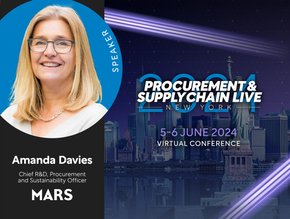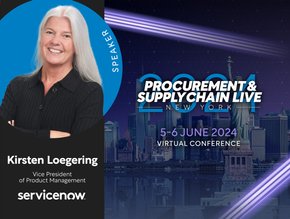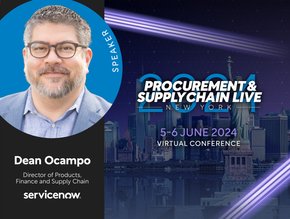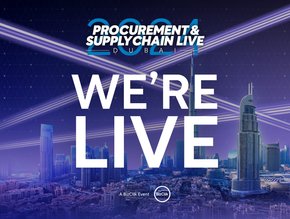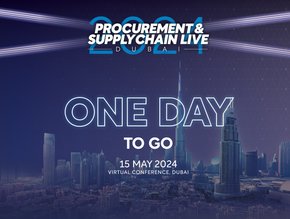Intel's Sturm: Co-operation key to resilient chip supply

Intel's global supply chain chief says that preventing further semiconductor shortages organisations will involve a multi-tiered approach from businesses, governments and educators.
Writing in the foreword to a report on the global chip shortage from the Council of Supply Chain Management Professionals (CSCMP), Intel Global Supply Chain Operations VP Jackie Sturm points out that semiconductors are “extremely complex and sensitive devices”, and that manufacturing them “requires a unique blend of high-purity minerals and chemicals, high-precision equipment, structurally optimised facilities, and a regulatory licence to operate”.
These elements, she says, rely on “a highly specialised suite of suppliers and multiple tiers of sub-suppliers who ensure both compliance and provide ever better capabilities to support advancing technology”.
Sturm points out that such raw materials, and the requisite capital, "must arrive quickly and safely at the facility” and adds that for a single player to succeed "the entire network must be functioning in concert". Simply expanding one element of the value chain will not deliver resilience, she insists.
Sturm stresses that, to address vulnerabilities in the semiconductor ecosystem “we must eliminate single points of failure in mineral access from the ore through refinery”.
Reliable chip supplies 'need STEM workforces' - Intel
She also says governments must also look to align regulatory policies, and says there is a strong need both for increased domestic access to skilled construction and STEM workforces, as well as more-durable logistics networks.
“We must also adapt financial incentives and policies with the realities of our capital-intense industry," Sturm adds.
The CSCMP report – The State of the Global Semiconductor Supply Chain – explores the movement of raw materials, components, sub-assembly, and finished goods “that define a highly sophisticated, geopolitically affected semiconductor global supply chain”.
The CSCMP is the largest worldwide professional supply chain management association. It represents all industry sectors, government, and academia.
CSCMP President and CEO Mark Baxa said: "This report is critical to shaping the conversation supply chain professionals at all levels need to have.
“Anything digital, directly or indirectly touching the supply chain, begins and ends with the semiconductor. In a global economy increasingly dependent on the availability of semiconductors, it’s not enough to focus only on the need to promote and control the necessary research and the transfer of research results to manufacturing at scale.
“We need to create new public-private partnerships, to ensure the end-to-end processes needed to support resilient semiconductor manufacturing can function successfully.
“It is not possible for a government nor the semiconductor industry to do this alone. We need to focus more on the consequences for the design and operation of reliable and resilient supply chains without a significant increase in the costs to move raw materials, manufactured devices, and finished goods.”
The cause of the global microprocessor shortage is complex and multi-tiered, and has seen governments intervene, to help secure resilient chip supply chains going forwards.

